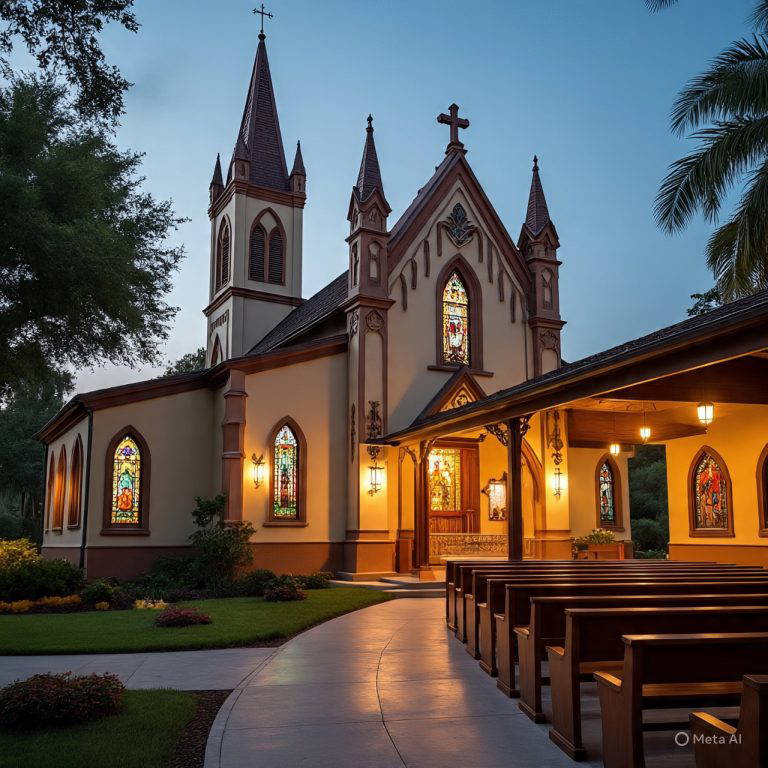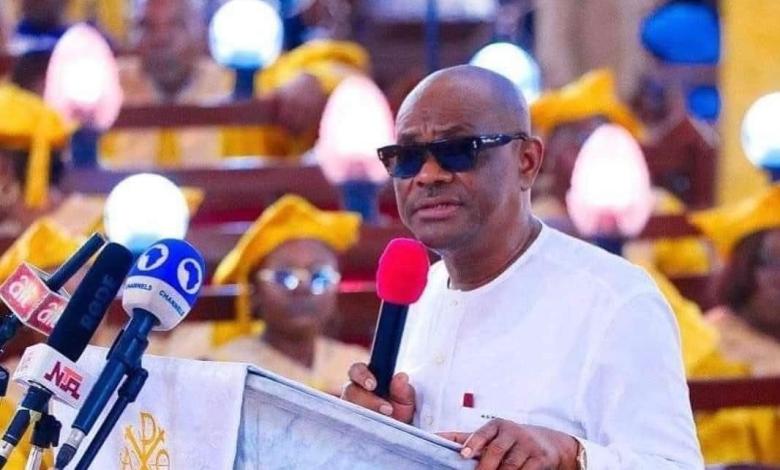The Church of Nigeria (Anglican Communion) has issued a sweeping directive barring politicians and government officials from speaking on church podiums during services or programmes. This move comes in response to mounting public concern over the increasing politicisation of religious platforms and was sparked by recent events involving the Minister of the Federal Capital Territory (FCT), Nyesom Wike.
During a thanksgiving service held at St James’ Anglican Church in Asokoro, Abuja, Wike used the pulpit—traditionally reserved for spiritual guidance—to make several politically charged statements. He criticized the church for almost making a “costly mistake” during the 2023 general elections, launched a personal attack on Labour Party presidential candidate Peter Obi—declaring he would “never be president”—and praised the administration of President Bola Tinubu for its governance, contrasting it with the previous state of the nation.

In response, the Anglican Church leadership has moved decisively to reaffirm the spiritual sanctity of its worship spaces. A memo signed by the Primate, Most Revd Dr Henry Ndukuba, outlined new guidelines that were agreed upon during an Episcopal Consultation in the Diocese of Nike, Enugu State. The Church declared that the pulpit and lectern are sacred spaces set aside solely for the reading of God’s Word and must not be used for political purposes under any circumstance.
The guidelines state that while politicians and government officials remain welcome to attend services and church events, they must not be allowed to make partisan speeches or deliver addresses from the pulpit. Any guest who wishes to speak to the congregation must first consult with church leadership and be explicitly informed of the Church’s policy on political neutrality.
Church leaders are also instructed to refrain from making statements or engaging in conduct that could be interpreted as politically biased or aligned with any political figure or party. The memo explicitly warns against publicly eulogising or glorifying politicians, as such praise can compromise the Church’s impartiality and damage its moral standing.

“The Church must diligently avoid speeches, conduct, or events that may incite division or foster political bias within the body of Christ,” the memo reads. It stresses the need for clergy and church officials to maintain the Church’s reputation as a place of unity, worship, and spiritual guidance—free from the distractions and divisions of partisan politics.
While affirming its role in constructively engaging with the government on issues affecting the faithful, the Church insisted that its primary mandate remains spiritual. Quoting Matthew 5:13–14, the Church reiterated its mission to be “the light of the world and the salt of the earth,” offering moral guidance and national prayers without becoming a tool for political expression.
Sources




